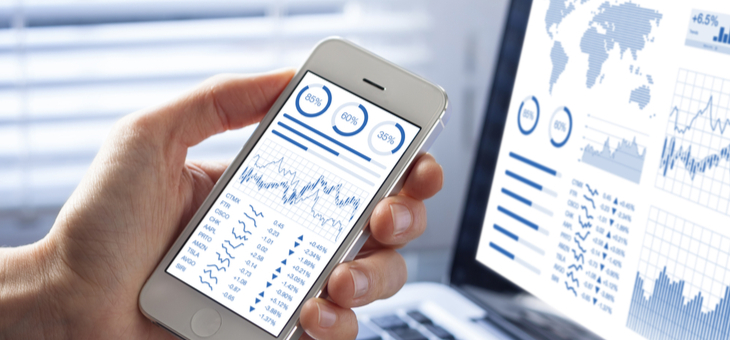Exchange traded funds (ETFs) are funds that trade on a stock exchange, just like ordinary shares.
They combine the investment advantages of a managed fund with the ease and cost-effectiveness of share trading.
You can use ETFs for cost-effective, easy access to markets and asset classes you might not otherwise have access to, such as debt, derivatives, currency and commodities.
ETFs can also help to diversify your investments. You can buy and sell units in ETFs through a stockbroker, the same way you buy and sell shares.
How ETFs work
In Australia, most ETFs are passive investments that don’t try to outperform the market. The role of the fund manager is to track the value of:
– An index, for example the ASX200 or S&P500
– a specific commodity, such as gold.
The value of the ETF goes go up or down with the index or asset they’re tracking.
ETFs are available for a range of asset classes and individual assets.
These include:
– Australian shares
– international shares
– sectors of the Australian or international share market such as mining or financials
– fixed income investments such as bonds
– precious metals and commodities
– foreign currencies.
A full list of ETFs you can invest in is available on the ASX website.
Reasons to invest in an ETF
ETFs allow you to buy a basket of shares or assets in a single trade. This can help to diversify within an asset class.
ETFs also allow you to invest in markets or assets it can be difficult or expensive to access.
You can also diversify across ETFs, so there’s less chance of loss if an ETF provider collapses.
ETFs are also completely transparent, publishing the net asset value on the ASX daily, which can help you track how the underlying assets are performing.
A lot of ETFs have a low management expense ratio, which means that they are usually cheaper than most actively managed funds.
Drawbacks of ETFs
While ETFs can help you diversify, the market or sector the ETF is tracking could fall in value. For example, if the ASX200 declines, the value of your ETF investment will also fall.
Also, if the ETF invests in international assets, you face the risk of currency movements affecting your returns.
Visit the Moneysmart website for more information on ETFs.
If you enjoy our content, don’t keep it to yourself. Share our free eNews with your friends and encourage them to sign up.
Related articles:
https://www.yourlifechoices.com.au/finance/banking-and-investment/money-101-risk-and-return
https://www.yourlifechoices.com.au/finance/news/covid19-recovery-could-take-years
https://www.yourlifechoices.com.au/finance/banking-and-investment/afca-explained
Financial disclaimer: All content on YourLifeChoices website is of a general nature and has been prepared without taking into account your objectives, financial situation or needs. It has been prepared with due care but no guarantees are provided for the ongoing accuracy or relevance. Before making a decision based on this information, you should consider its appropriateness in regard to your own circumstances. You should seek professional advice from a financial planner, lawyer or tax agent in relation to any aspects that affect your financial and legal circumstances.

